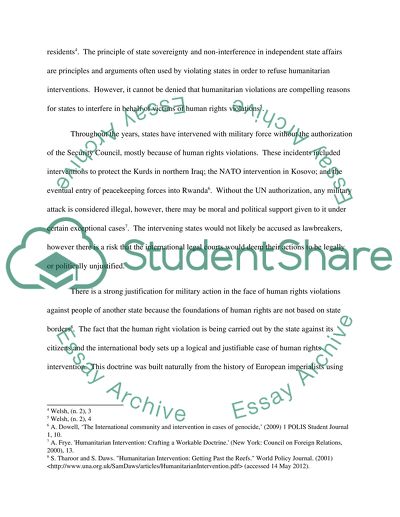Cite this document
(“LAW2046 PUBLIC INTERNATIONAL LAW II Essay Example | Topics and Well Written Essays - 3000 words”, n.d.)
Retrieved from https://studentshare.org/law/1398575-law2046-public-international-law-ii
Retrieved from https://studentshare.org/law/1398575-law2046-public-international-law-ii
(LAW2046 PUBLIC INTERNATIONAL LAW II Essay Example | Topics and Well Written Essays - 3000 Words)
https://studentshare.org/law/1398575-law2046-public-international-law-ii.
https://studentshare.org/law/1398575-law2046-public-international-law-ii.
“LAW2046 PUBLIC INTERNATIONAL LAW II Essay Example | Topics and Well Written Essays - 3000 Words”, n.d. https://studentshare.org/law/1398575-law2046-public-international-law-ii.


